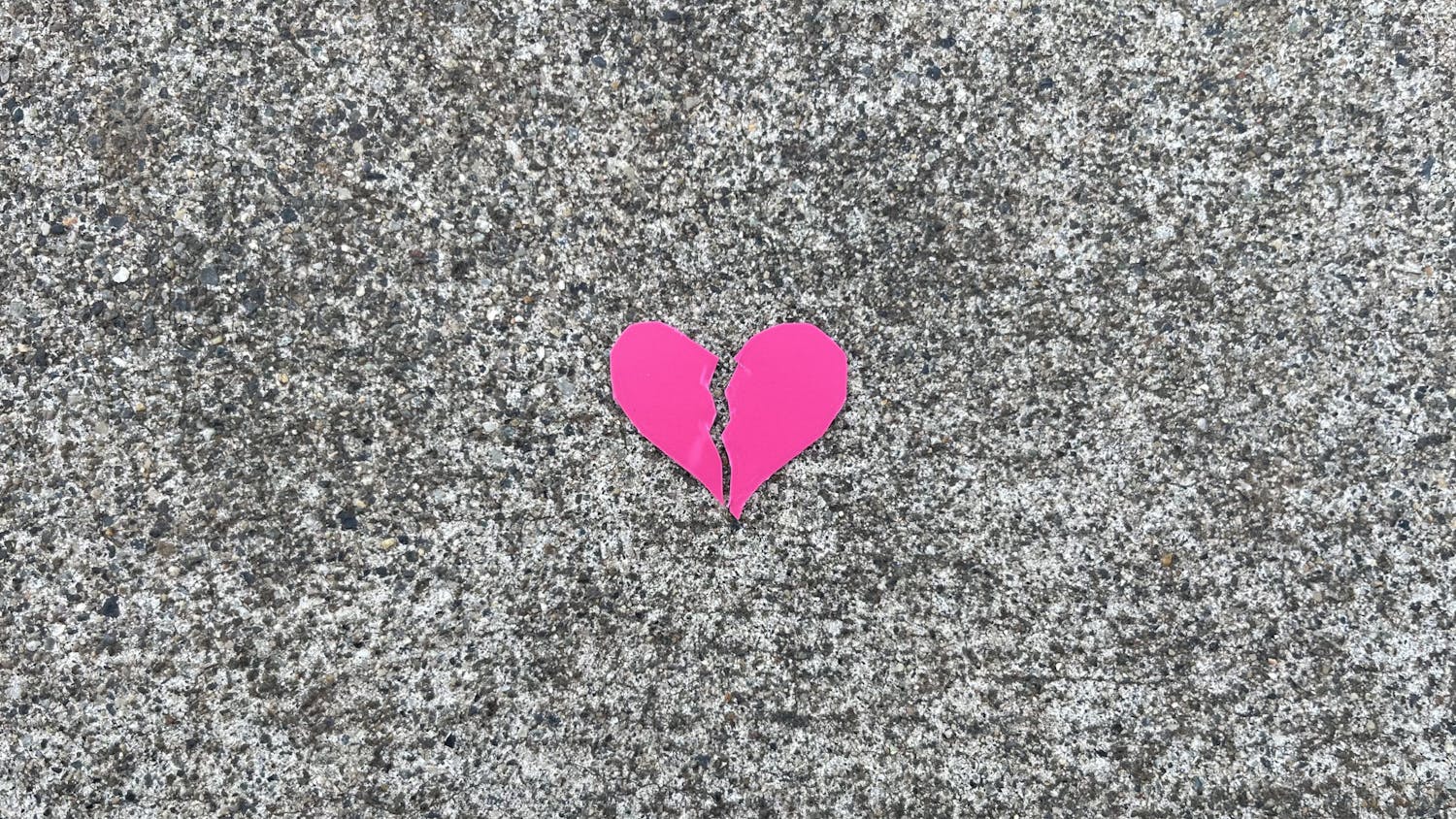Anonymity. On the internet it shields us when we engage in arguments about who should have won season seven of Survivor (obviously, obviously Rupert. The fact Lill made it so far was a disgrace); at Western, it can allow us to submit class feedback without retribution; in journalism it is used to protect sources who may suffer harm if their identity is revealed. But anonymity does not apply to those in positions of power attempting to hide their mistakes.
The weekend before the snow devoured Bellingham for an entire week, a court order prevented a professor at Western from blocking the release of an Equal Opportunity Office report that found him responsible for sexual harassment.
It’s a classic story, one we’ve heard many times before: man in power does something wrong, tries to hide from it. Actually: man in power does something wrong to a woman, tries to hide from it.
Sometimes hiding works, for a while at least. Not this time.
Here are the quick details: Michael Fraas (whose name was revealed by our hardworking friends at The AS Review), an associate professor in the communication sciences and disorders department, was in a consensual relationship with a graduate student. However, during this time he neglected to take precautions to ensure their relationship wouldn’t affect her academic trajectory. When the relationship ended, the student said it then negatively impacted their studies, as they still had to work under Fraas.
Generally, this tends to be one reason why professor-student relationships are frowned upon. It’s like dating a boss– the power dynamic is inherently imbalanced.
Now this, as a whole, is a bad situation.
Nobody wants to have to their studies compromised because their professor creates a hostile environment. Nobody wants to miss out on writing a thesis they’ve spent years working toward because a relationship ended.
But, most importantly, nobody wants the person in authority to escape under the cloak of anonymity. That’s what almost happened, and why public records are important for holding people accountable. Attempting to withhold public records, like EOO reports and other documents, is the bureaucratic equivalent to breaking a glass and sweeping the shards under a table. It’s not honorable, it’s not going to work and someone might get hurt.
The court order to release the documents sets a precedent: people in power, professors in power, do not get the privilege of hiding their misconduct.





